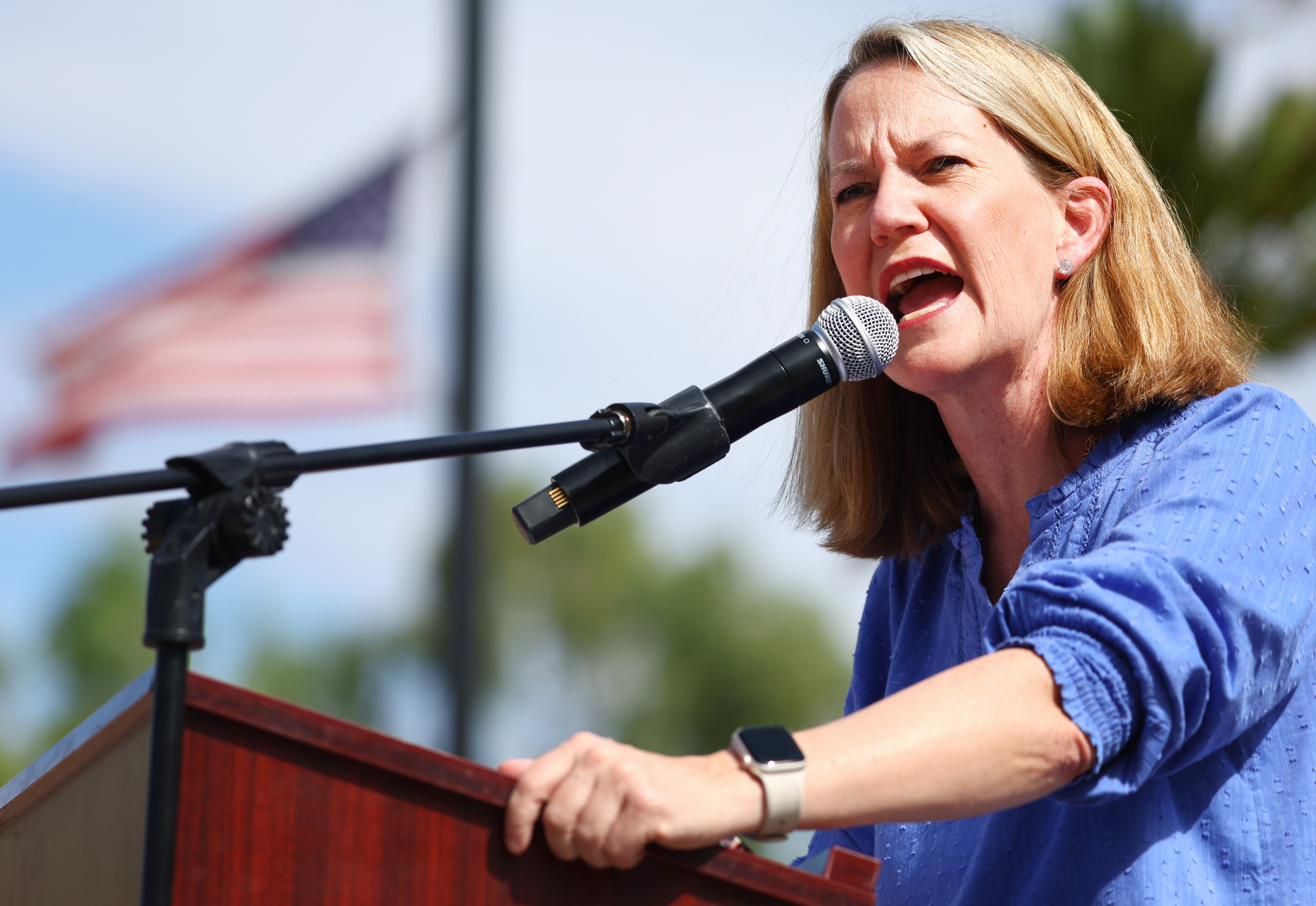For the San Diego region and its visitors, Mission Bay Park is a recreational treasure.
For the city of San Diego, it's a cash cow that generates $30 million a year in lease revenues from the hotels, restaurants, marinas and myriad other businesses that operate in the 4,600-acre park.
But backers of Proposition C on the November ballot say the city hasn't been nourishing Mission Bay Park properly.
More than 80 percent of its current lease incomes goes to San Diego's General Fund budget, bankrolling police, fire and numerous other vital services. The rest of the revenue is equally divided between Mission Bay park and San Diego's remaining municipal parklands.
Prop. C would establish a new, 30-year revenue sharing plan that would reduce the General Fund's cut of the money to two-thirds within five years.
Mission Bay Park -- which has a backlog of deferred maintenance estimated in the tens of millions of dollars -- would get 75 percent of the rest; the other parks, 25 percent.
"Mission Bay (Park) has absorbed a great deal of growth and development that is not, essentially, public improvements; they are private lessees," says City Councilwoman Donna Frye, a Prop. C co-sponsor along with Councilman Kevin Faulconer.
Politics
Frye said an in interview that there was an implicit agreement in past Council votes on expansions involving hotels and Sea World that "Mission Bay park would accept this type of commercial leaseholds in exchange for the revenues generated from those leaseholds to be used to make public immpovements."
Prop. C's critics call it "ballot box budgeting" because the allocation formulas can't be changed by the City Council in the event of emergencies or economic downtowns that impact city personnel and services.
"What you're doing is stealing money that's currently going to the General Fund," says City Councilman Jim Madaffer, who was on the losing end of a 5-3 Council vote that forwarded Prop. C to the Nov. 4 ballot.
"The whole city is on a starvation budget; it's not just Mission Bay," Madaffer told us. "In fact, I think Mission Bay has more money than a lot of other areas of the city."
Frye argues that increased spending on public improvements around Mission Bay will make the park more attractive and user-friendly and, as a result, "that makes it better for the lessees. That means more visitors. That means more people staying in hotels, going to Sea World. and that means more money coming into the General Fund."



